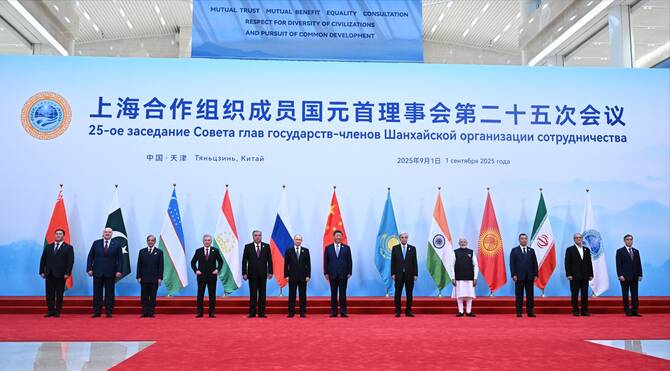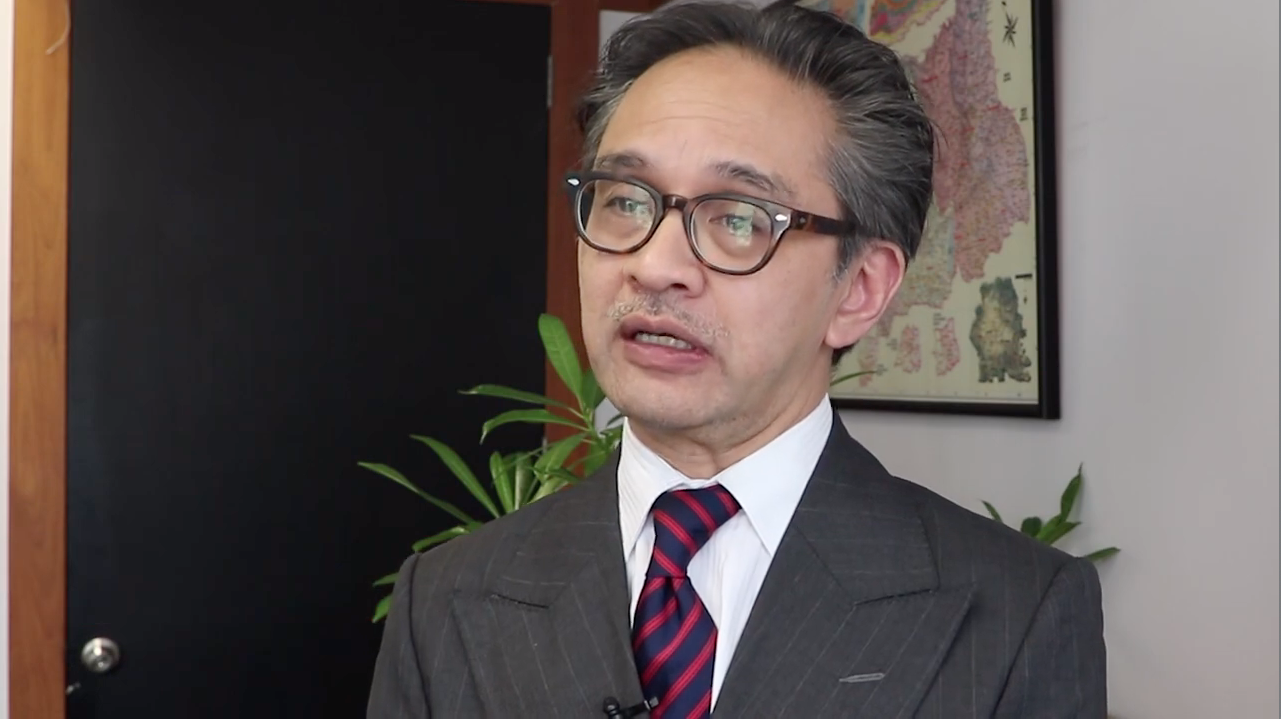The Shanghai Cooperation Organization (SCO) is increasingly shaping the Middle East’s role in the emerging global order. Originally founded in 2001 by China, Russia, and four Central Asian countries, the SCO has expanded its influence beyond Eurasia. The organization now includes full members, observers, and dialogue partners from various regions, including key Middle Eastern states. This expansion reflects a shift in the region’s geopolitical landscape and offers new opportunities for cooperation in trade, security, and energy.
The SCO held its latest summit in Tianjin, China, where several Middle Eastern countries, including Saudi Arabia, the United Arab Emirates, and Egypt, gained dialogue partner status. This designation allows them to participate in SCO meetings and contribute to discussions on issues such as regional security, economic cooperation, and political coordination. Although dialogue partners do not have full voting rights, their involvement signals the SCO’s increasing relevance for the Middle East and the region’s interest in diversifying its global partnerships.
Middle Eastern countries face complex geopolitical challenges. They seek to reduce dependence on traditional alliances with Western powers and create alternative channels for diplomacy and economic engagement. The SCO’s principles of multipolarity, respect for sovereignty, and non-interference appeal to many governments in the Middle East. These principles align with their desire to protect national interests and maintain regional stability without external pressure.
Trade and infrastructure connectivity play a central role in the SCO’s appeal. The organization promotes economic corridors that link Asia and Europe, fostering new routes for goods, services, and energy. For Middle Eastern states, participation in these corridors helps diversify trade and reduces vulnerability to disruptions in key maritime routes. For instance, the Strait of Hormuz, a vital passage for global oil shipments, remains prone to geopolitical tension. Alternative land and sea routes promoted by the SCO offer Middle Eastern countries more resilience in their trade networks.
Energy cooperation forms another pillar of the SCO’s engagement with the Middle East. The region is a major global supplier of oil and natural gas, and energy security is a critical concern. Within the SCO framework, member and partner states collaborate on energy infrastructure projects such as pipelines, power grids, and renewable energy initiatives. These efforts support stable energy supplies, facilitate market diversification, and strengthen regional integration. Joint investment in energy infrastructure also attracts financing from SCO member states and associated development banks.
Security cooperation under the SCO also matches Middle Eastern priorities. The organization focuses on combating terrorism, extremism, and organized crime, which are persistent threats in the region. SCO member states conduct joint military exercises, share intelligence, and coordinate border security measures. For Middle Eastern dialogue partners, participating in these initiatives enhances their ability to address cross-border threats and improves regional stability. The SCO’s emphasis on collective security supports efforts to counter violent extremist groups operating in and around the Middle East.
The growing interaction between the Middle East and the SCO reflects broader shifts in global power. The post-Cold War dominance of Western powers is evolving into a multipolar order where China, Russia, and emerging economies assert greater influence. The Middle East is navigating this shift by engaging with multiple centers of power. The SCO offers a platform where Middle Eastern states can pursue strategic partnerships beyond Western alliances, balancing their relationships with the United States and Europe.
However, the SCO’s structure presents challenges. The organization makes decisions by consensus, which can slow action, especially on sensitive issues involving member states with competing interests. Middle Eastern countries face differing political dynamics, which may limit the scope of cooperation on some regional conflicts. Additionally, dialogue partner status does not grant the same influence as full membership, restricting Middle Eastern states’ ability to shape SCO policies.
The SCO’s role in the Middle East remains a work in progress. The organization’s engagement provides practical benefits in trade, energy, and security, but it does not replace existing alliances or regional institutions. Instead, it offers an additional avenue for cooperation that complements the region’s complex diplomatic landscape. As the global order evolves, the SCO is likely to increase its relevance for Middle Eastern countries seeking to diversify their partnerships and respond to new geopolitical realities.
In conclusion, the Shanghai Cooperation Organization positions the Middle East at the center of an evolving global order. Through dialogue partner status and active engagement, Middle Eastern states gain access to new economic corridors, energy cooperation, and security collaboration. These opportunities help reduce dependence on traditional Western alliances and support the region’s strategic interests. Despite challenges related to consensus decision-making and membership status, the SCO provides a valuable platform for advancing Middle Eastern goals in a multipolar world. The organization’s influence is set to grow as global power dynamics shift, making it a key player in shaping the future of Middle East geopolitics.



